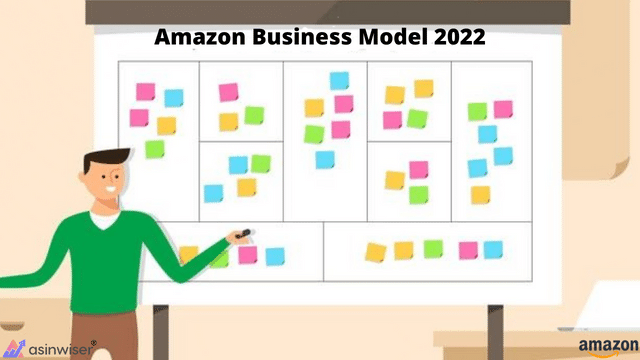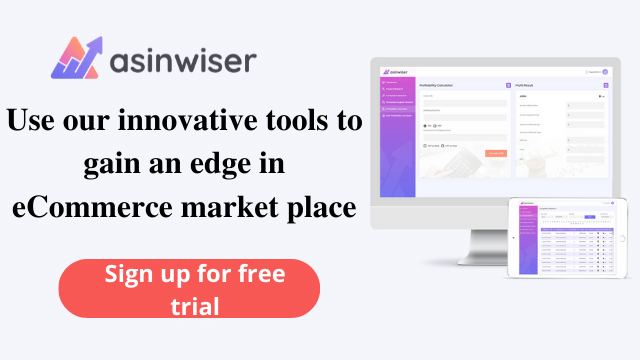
In Detail: Amazon Business Model 2022
In Detail: Amazon Business Model 2022
If you are a seller on Amazon, then you must know all about the business model. With the right strategy and techniques, you will make your business a huge success.
In this article, we have discussed four types of business models and their advantages. Let’s check.
Amazon Private Label
When you sell as an Amazon private label seller, you buy things in bulk from a vendor or manufacturer and brand them with your own logo. Furthermore, they’re usually generic things that don’t appear like prominent brands, so you won’t mistake them for the real thing.
Here is the list of Pros of Amazon Private Label:
●You have the ability to imprint your personal preferences and style on the product and brand.
●Instead than being bound by a company’s decisions, you get to pick how much to order or produce.
●You won’t have to pay brand-name prices, allowing you to compete on price and gain more clients.
Dropshipping
When you dropship, you function as a go-between for clients and merchants or suppliers. Moreover, customers place orders with you, and you inform the supplier or vendor. Then, they will fulfil the order and deliver it to the customer.
Here is the list of Pros of Dropshipping:
●You won’t have to worry about inventory listings or selling/fulfillment fees because you won’t require a product inventory.
●You will not be responsible for any setup charges because the vendor has already covered them.
●You can sell as many things as the merchant has in stock or is able to sell right away.
Amazon Wholesale
When you sell wholesale, you buy in bulk from a manufacturer at wholesale pricing and then resell them on Amazon for a higher price (and profit).
Here is the list of Pros of Amazon Wholesale:
●Products will be relatively easy to come by for as long as the maker produces them.
●If the product is doing well, refilling inventory will be quite simple – more supply means the manufacturer will build more, and you’ll be able to order and sell more.
●You receive the benefit of selling well-known brands, which means you don’t have to spend as much time raising product awareness or building a customer base.
Retail Arbitrage
Finally, the Amazon retail arbitrage business strategy entails locating extremely low-cost things and reselling them on Amazon for a profit.
Here is the list of Pros of Retail Arbitrage:
●Because the products’ brands are already established, you don’t need to concentrate on brand recognition.
●What you charge and how much profit you make are often determined by the deals you’re willing to find and how well you can spruce them up, so you have a lot of power.
●Because inventory accounts for the great bulk of beginning costs, you can keep them modest.
If you are an online Amazon seller, then you must have an intelligent tool that will guide your business towards success by targeting the brand story, right keyword, products research, analyzing competitors, fba calculator, fba fee calculator and so much more. Get your ticket to success today!
Share this:
Subscribe to Our Newsletter
Recent Post
- Top 13 Amazon Inventory Management Tools for FBA Sellers in 2023
- Asinwiser: The Ultimate OMSGuru Alternative for Amazon Sellers
- Repricer.com Alternative: Why Asinwiser is the Superior Choice for Amazon Sellers
- Aura Alternative: Why Asinwiser is the Superior Choice for Amazon Repricing
- Maximize Amazon Sales with Asinwiser: The Superior Amazon Repricer & Revenue Analytics Tool

